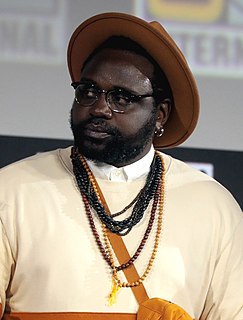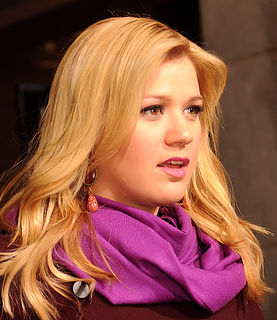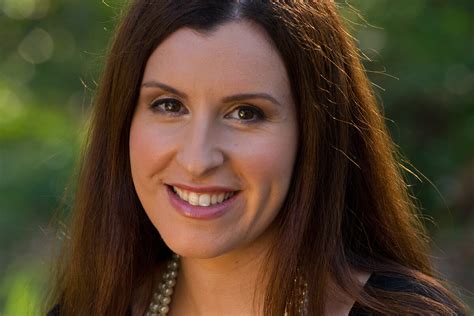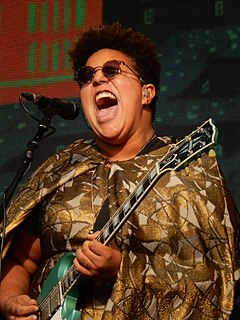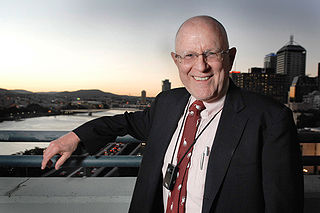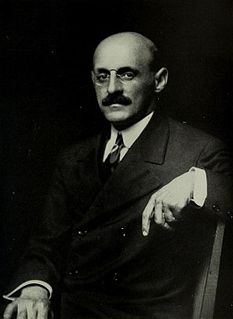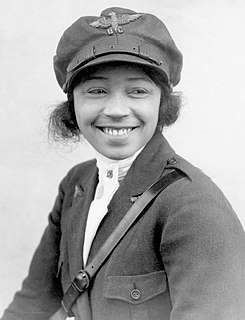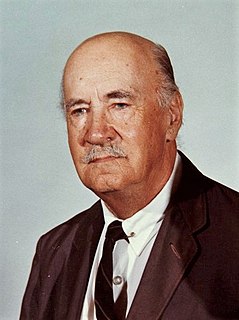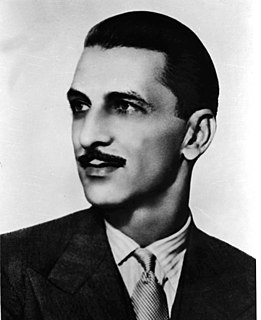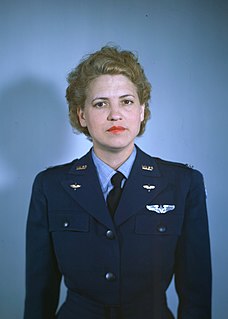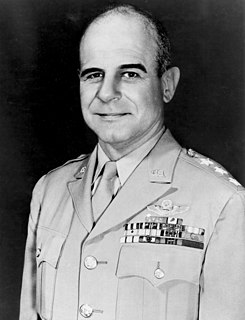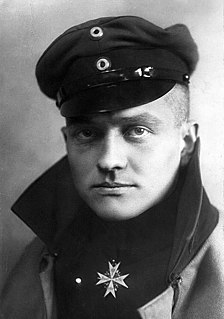A Quote by Chesley Sullenberger
My mother was a first-grade teacher, so I credit her with this lifelong intellectual curiosity I have, and love of reading and learning.
Related Quotes
My father was retired military, and my mother was an educator. She was incredibly creative. I used to love going to her school during the summer and helping her decorate her classroom. I would draw Mickey Mouse, Donald Duck. She was a sixth grade teacher. She and my father are the ones that got me into my love of music.
I was always a slow reader, from the very beginning. I remember in first grade our teacher divided us into groups, and I was definitely in the slow group. She didn't call it that, but everybody in the class knew. But I still loved reading. Being a slow reader affected my grades in school, but it didn't affect my love for reading. I still loved going to the library, and I still loved reading books.
I was born 50 years after slavery, in 1913. I was allowed to read. My mother, who was a teacher, taught me when I was a very young child. The first school I attended was a small building that went from first to sixth grade. There was one teacher for all of the students. There could be anywhere from 50 to 60 students of all different ages.
If we are always reading aloud something that is more difficult than children can read themselves then when they come to that book later, or books like that, they will be able to read them - which is why even a fifth grade teacher, even a tenth grade teacher, should still be reading to children aloud. There is always something that is too intractable for kids to read on their own.
I did my first play in fifth grade. This same fifth grade teacher asked me several years later what I wanted to do when I grew up. I knew the most fun I'd had was doing the play in her class, so when I told her that, she began to take me to local theater auditions and became my mentor and friend, and to this day continues to be.
We had a music teacher in sixth grade, and I saw her tune her guitar. I said, 'Whoa. There's a certain way to do this.' I bought a packet of strings - some of mine were broken - and had her tune it for me. For a while, I just kept it like that. But I got the Internet finally, when I was 14, and started learning.
Curiosity, which may or may not eventuate in something useful, is probably the most outstanding characteristic of modern thinking ... Institutions of learning should be devoted to the cultivation of curiosity, and the less they are deflected by the consideration of immediacy of application, the more likely they are to contribute not only to human welfare, but to the equally important satisfaction of intellectual interest, which may indeed be said to have become the ruling passion of intellectual life in modern times.


